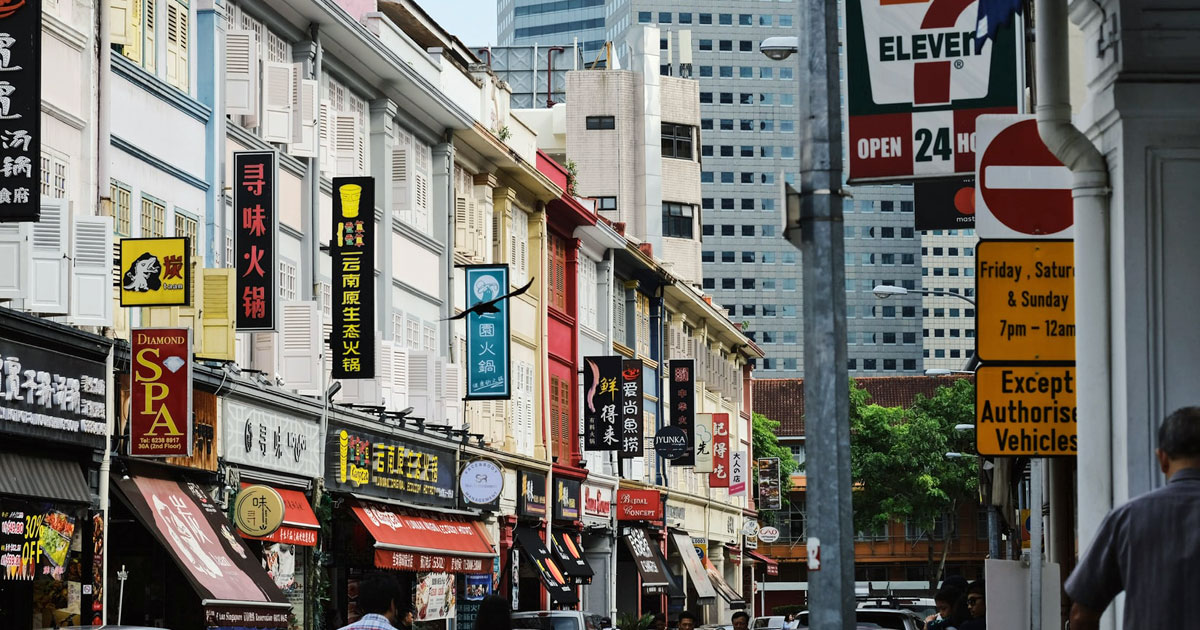Singapore is the second-safest city in the world.
This is according to an index by the Economist Intelligence Unit (EIU).
In the index's previous editions in 2017 and 2015, Singapore also ranked second both times.
The third edition of the Safe Cities Index was released on Thursday, Aug. 29.
Tokyo ranks first out of 60 cities for the third time in a row.
EIU Safe Cities Index 2019 Top 10:
1. Tokyo
2. Singapore
3. Osaka
4. Amsterdam
5. Sydney
6. Toronto
7. Washington, DC
8. Copenhagen
9. Seoul
10. Melbourne
Six of the top 10 safest cities are in the Asia-Pacific region.
The remaining four, beside Tokyo and Singapore, are: Osaka (3rd), Sydney (5th), Seoul (tied 8th) and Melbourne (10th).
How ranking is done
Cities are ranked according to their performance in 57 indicators across four pillars.
The four pillars are digital, infrastructure, health and personal security.
Singapore's strengths
Singapore ranked first in the world for both infrastructure and personal security.
It is placed second for digital security.
Why is Tokyo the best?
Tokyo recorded the strongest performance in the digital security category.
It also rose eight places in the infrastructure security category from the previous edition of the index in 2017.
Transparency and governance important
Wealth is among the most important determinants of safety.
But the levels of transparency and governance correlate as closely as income with index scores.
The research also shows how different types of safety are intertwined.
It is rare to have a city with good results in one safety pillar and lagging in others.
But the EIU said a city's region does not have any statistically significant relationship with its performance in the index.
EIU senior editor Naka Kondo, editor of this year's report on the Safe Cities Index, said: "Although APAC cities such as Tokyo, Singapore and Osaka continue to rank within the top three cities in the Index, the region also hosts some of the lowest-scoring cities in the world, with Yangon, Karachi and Dhaka close to the bottom of the list."
North American cities perform well in digital security
While Asia-Pacific cities perform well in the health security, infrastructure security and personal security categories, North American cities generally fare better in digital security, accounting for seven of the top 10 cities in this category.
Urban resilience buzzword
The EIU index was revised to better capture "urban resilience".
This is a concept defined as the ability of cities to absorb and bounce back from shocks.
It has had an increasing influence on thinking in urban safety over the last decade, especially as policymakers worry about climate change and its implications.
If you like what you read, follow us on Facebook, Instagram, Twitter and Telegram to get the latest updates.
